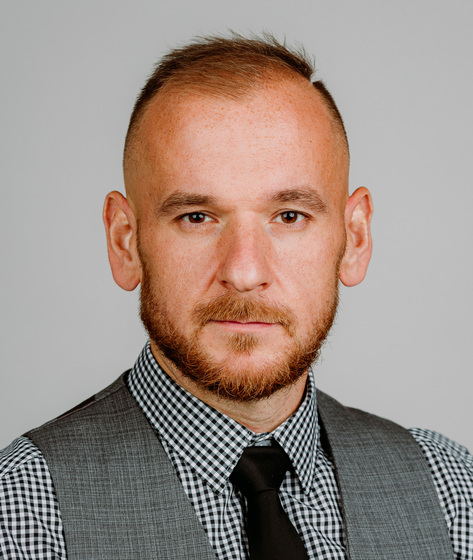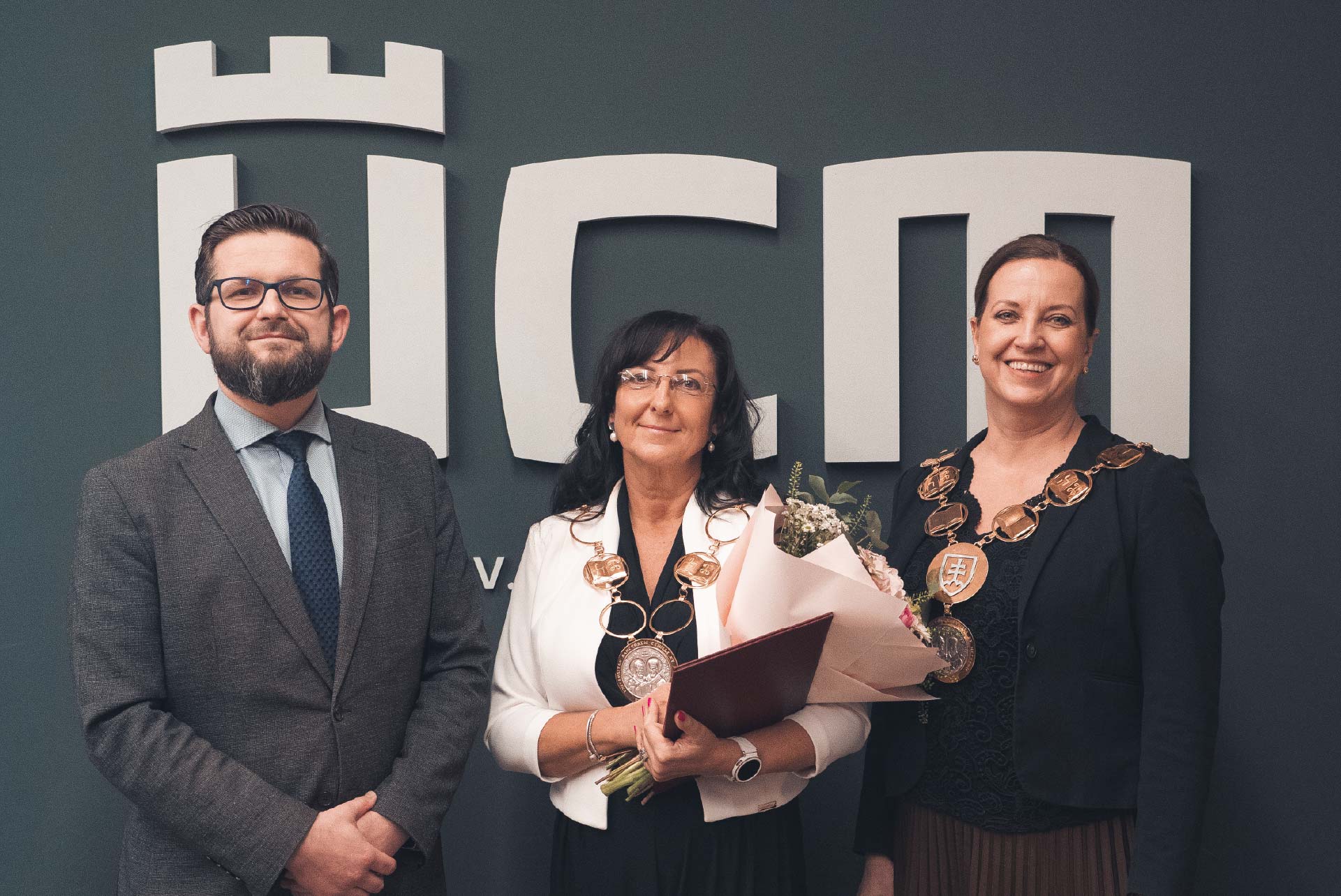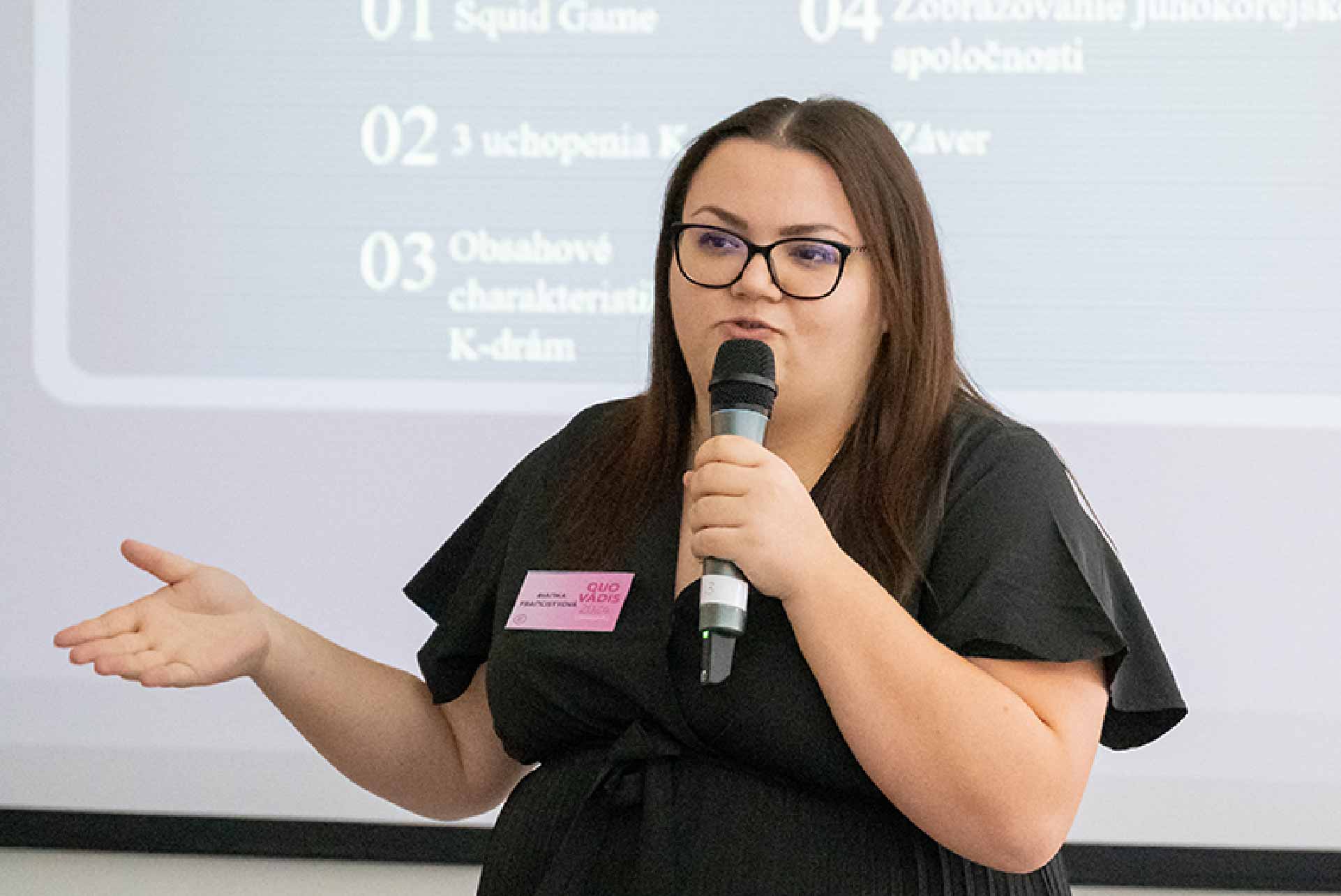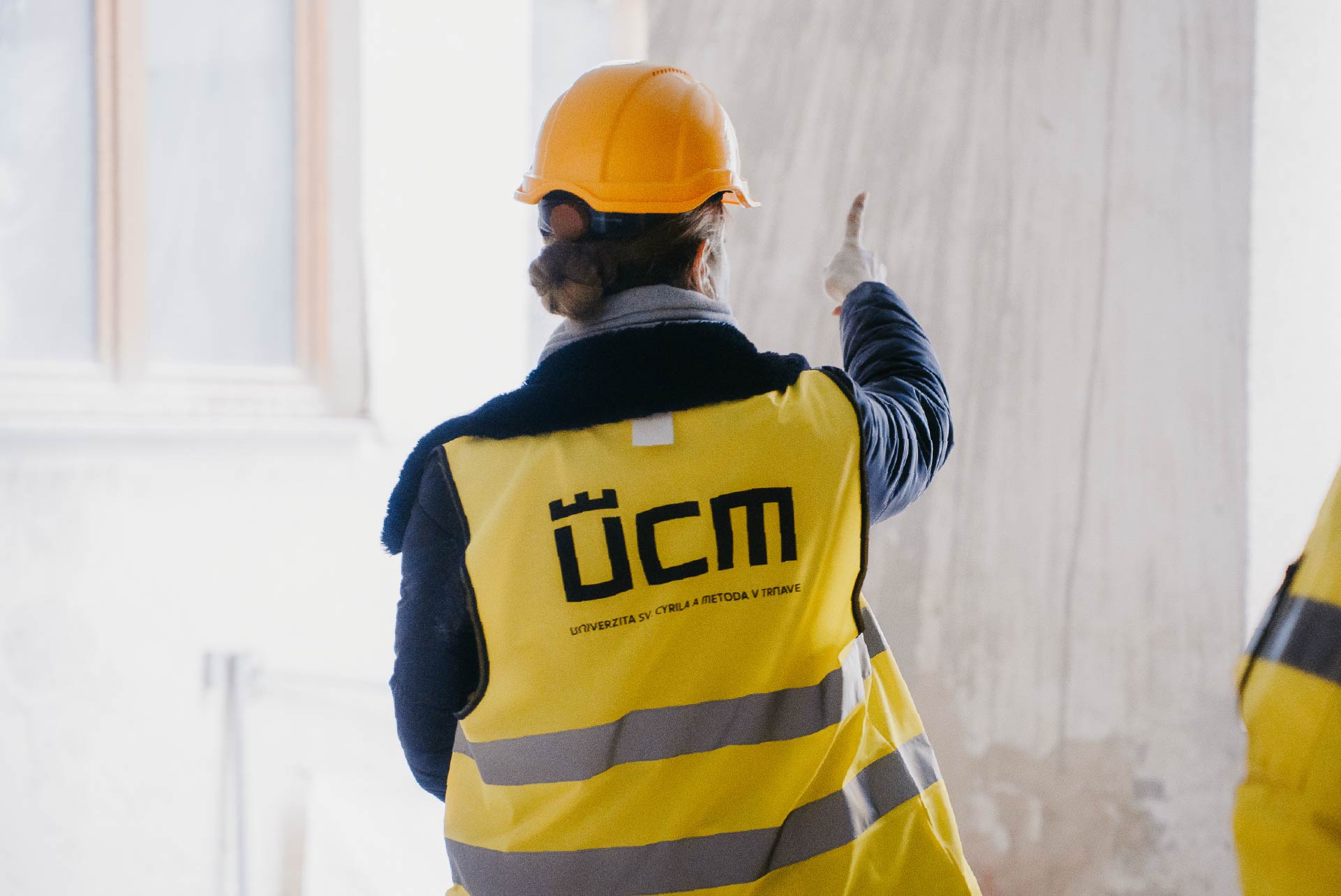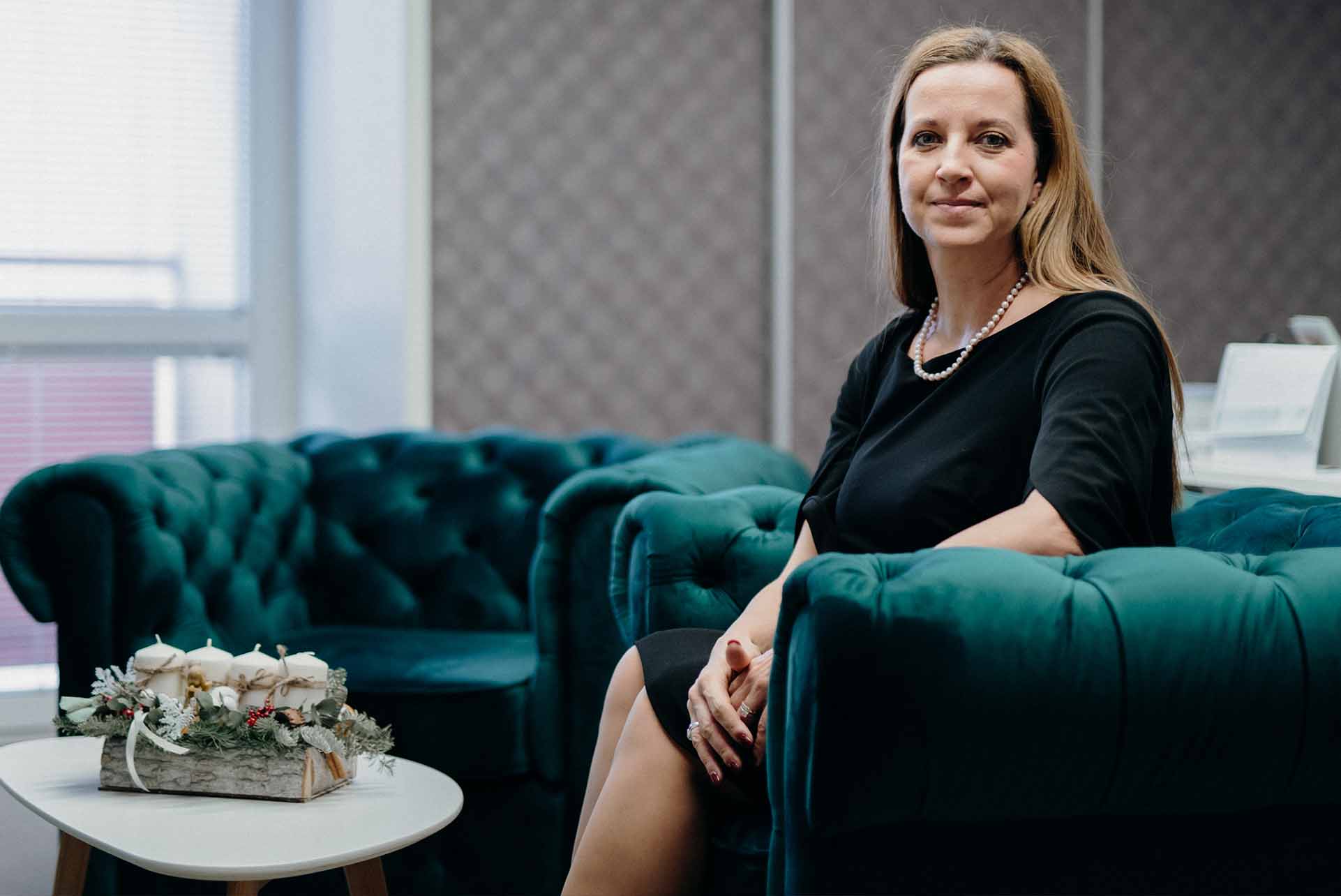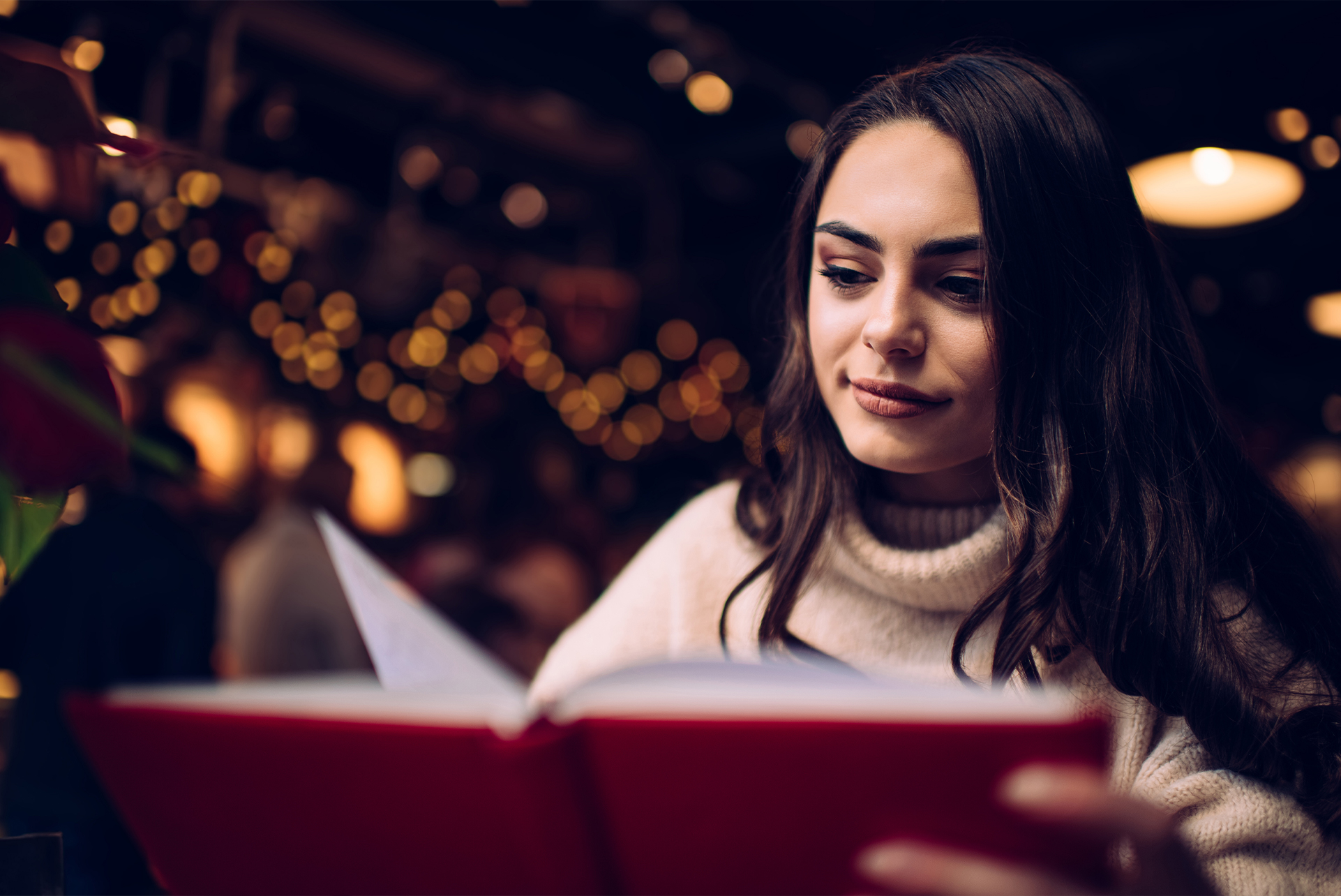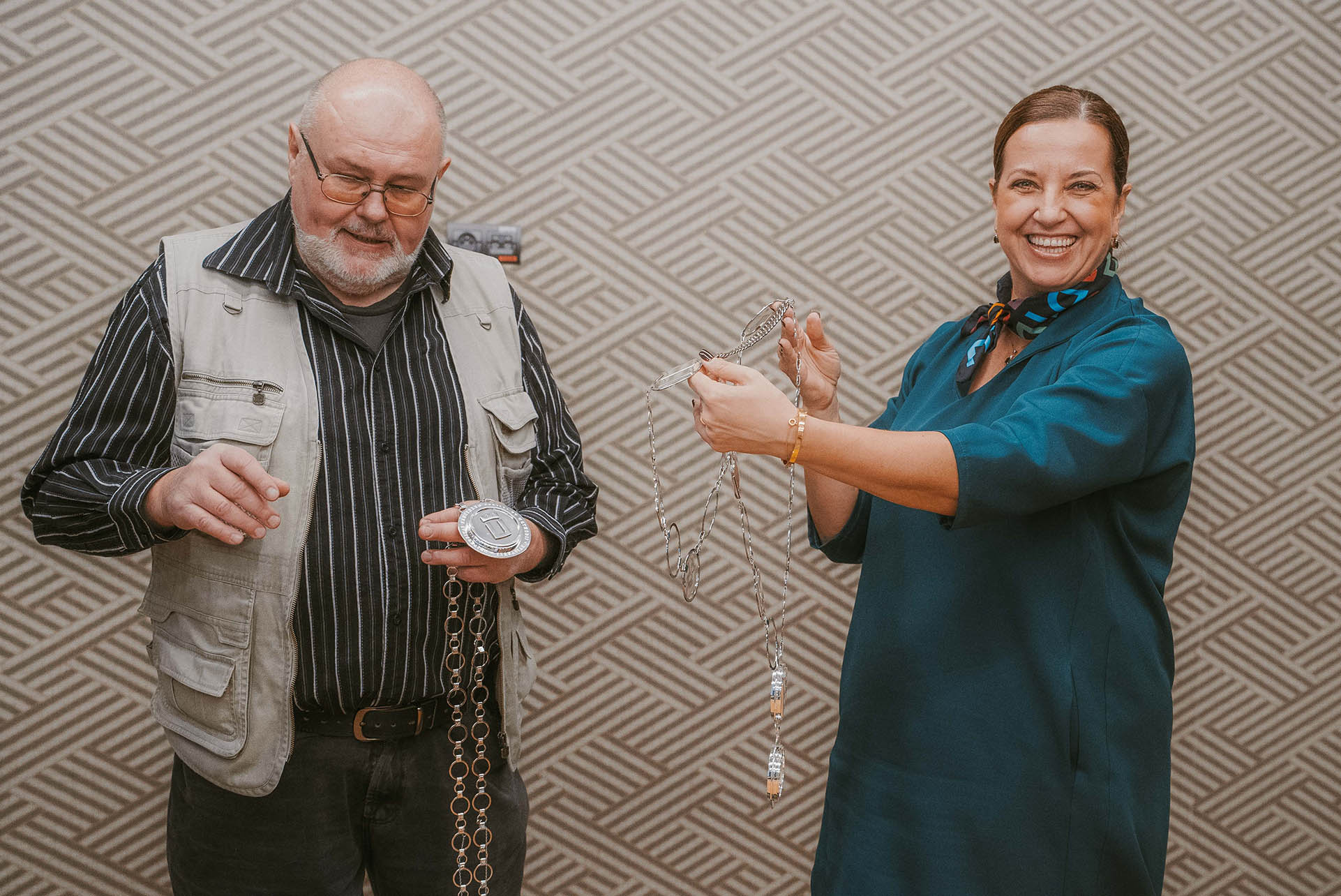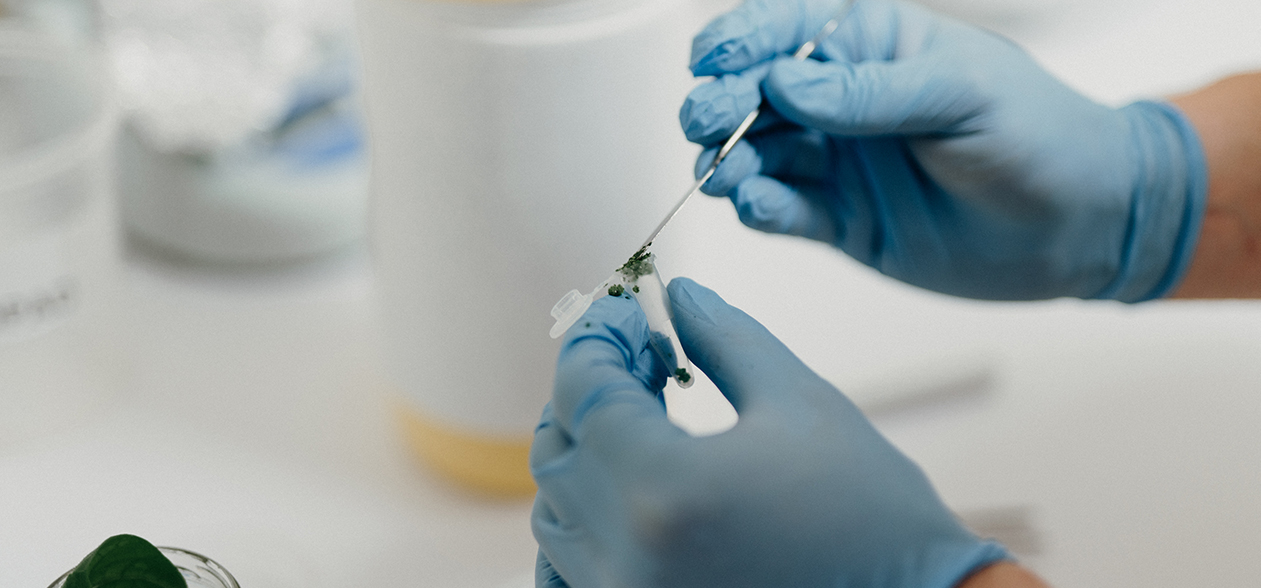
From the microscopic universe to artificial intelligence: UCM to present at European Researchers' Night 2025
Students, teachers, and researchers from UCM will bring a number of interactive stands and workshops to Žilina, Banská Bystrica, and Bratislava to show how science is changing our lives. The event will take place on September 29. The full program can be found on the event website.
Žilina
The micro world of plants
The stand "The organized micro world of plants amid chaos" will showcase the fascinating world of microplants – tiny green shoots that are becoming increasingly popular for their nutritional value and ease of cultivation.
"Visitors will see the process of germination and growth of microplants, learn which seeds are most suitable for cultivation, and taste different types of sprouts. As part of an accompanying chemical experiment, they will be able to observe the color change of pigments – anthocyanins – at different pH values," explains Ing. Darja Gabriška, PhD., Vice-Dean for Development and Promotion. In addition to practical demonstrations, there will also be discussions on healthy eating and biodiversity.
Banská Bystrica
Microscopic Universe
Under the title "Microscopic Universe: Assembling Life from Chaos into Unique Forms," Bystrica will open the door to the world of cells, DNA, and even viruses.
"At first glance, the microcosm looks like chaos. In reality, however, it is very precisely organized," say the organizers. Visitors will be able to view permanent and live cell preparations under a microscope, assemble a cardboard model of a ribosome, or examine 3D-printed models of enzymes and viruses. Both children and adults will enjoy working with plants – some of which they can even take home.
A special feature of the program will be a demonstration of the work of a plant virologist. Those interested will try out the method of agroinfiltration – gently pressing water through plant leaves, which simulates the process used in virus research. Plants with symptoms of viral diseases will be on display, but everything is safe and not transmissible to humans.
Bratislava
Plan your city
Do you want to decide what your street or city looks like? Do you have an idea for change but don't know how to implement it? Come and try it out at the interactive workshop "The City in Your Hands," where you will become an urban planner, advocate for your own project, or member of the jury for a moment. For two hours, we will use a model game to immerse ourselves in the world of participatory budgeting—one of the most effective tools the public can use to influence what happens in their community," says Barbora Blašková, PR manager at FSV UCM.
Participants will propose real projects, collaborate in teams, allocate budgets, argue their cases in front of others, and learn how to evaluate the quality of proposals. The workshop develops critical thinking, communication skills, and imagination—all in a playful way and without the need for prior experience. The experiential learning method creates a safe space for discussion, experimentation, and discovering one's own voice in public life. The workshop is ideal for young people from elementary and secondary schools, but also for adults who are interested in how they can be active citizens. The workshop starts at 1:00 p.m.
Participants will design real projects, collaborate in teams, allocate budgets, present their ideas to others, and learn how to evaluate the quality of proposals. The workshop develops critical thinking, communication skills, and imagination—all in a playful way and without the need for prior experience. The experiential learning method creates a safe space for discussion, experimentation, and discovering one's own voice in public affairs. The workshop is ideal for young people from elementary and secondary schools, but also for adults who are interested in how they can be active citizens. The workshop, which starts at 1:00 p.m. at the V-Club, will be led by Martin Daško from the Center for Participation Support at the Faculty of Social Sciences, UCM.
Science in the service of society
Clean water and invisible radiation
The stand "Clean water and invisible radiation – science in the service of the environment" will focus on modern methods of water purification – from ozonation and electrochlorination to electrocoagulation and adsorption. Visitors will see simple experiments that demonstrate how these technologies remove pollution. The second part of the program will be a presentation of a particle camera that allows you to monitor the permeability of various materials to ionizing radiation. This interactive experience will show what materials protect us from radiation and how measurements work in practice. The event also presents LOESS (Literacy boost through an Operational Educational Ecosystem of Societal actors on Soil health), an initiative that highlights the importance of soil health and environmental responsibility. It provides teaching materials and practical activities that help children, students, and teachers better understand the role of soil and sustainable approaches in everyday life.
Digital technologies and security
Another stand will be dedicated to topics related to the digital world – in particular cyber security and the responsible use of technologies.
Artificial intelligence applications
The "Artificial Intelligence Applications" stand will attract particular attention. It will show how AI helps people with specific needs through innovative accessibility aids. Visitors will also see a demonstration of agents in a reinforcement learning environment – a simulation in which algorithms learn to solve problems in a similar way to humans, by trial and error.
